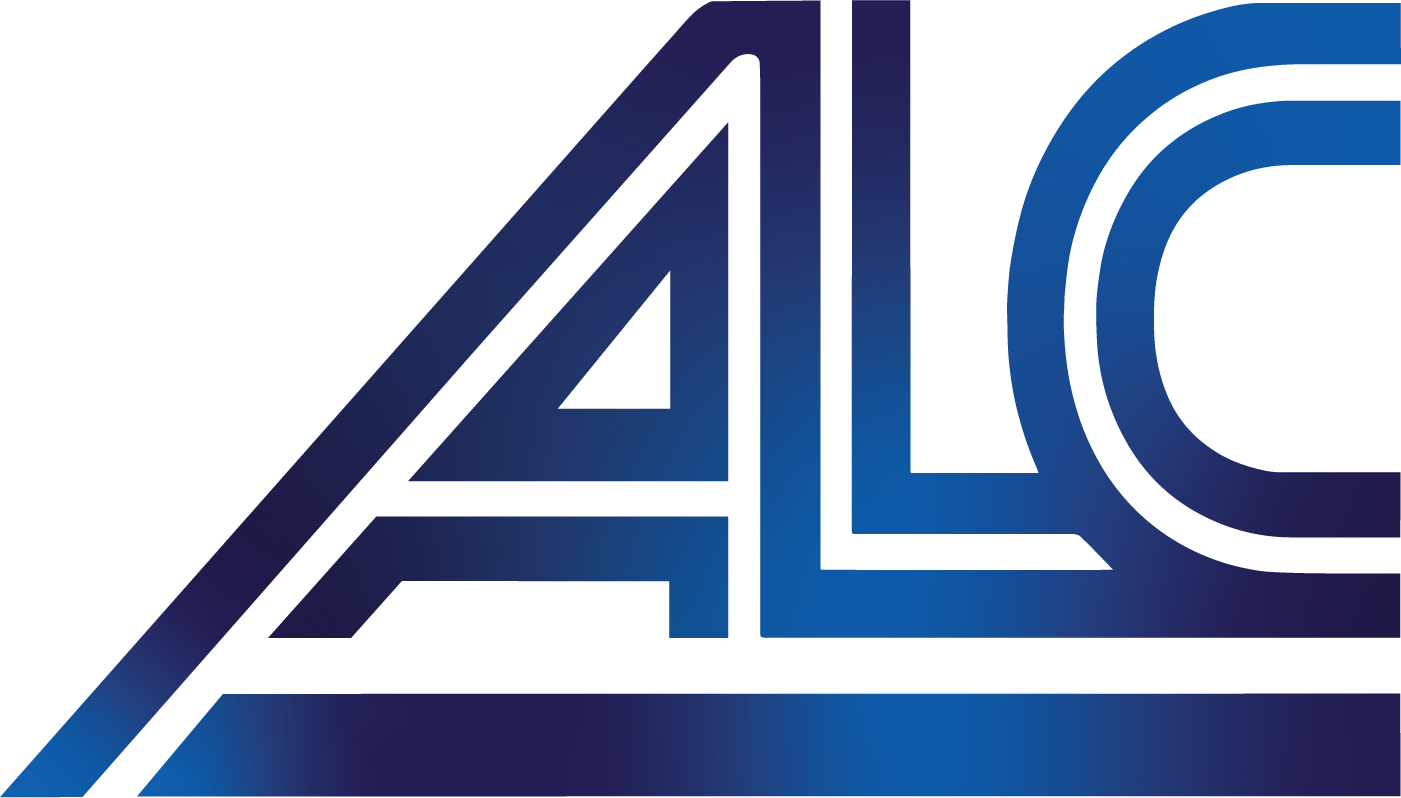Gift vs. Trade: How NIL Athletes May Be Breaking Tax Laws
A handful of NIL athletes are inking six- and seven-figure deals, but most NIL endorsements are for much smaller amounts of either cash, goods, or services. While many athletes and guardians understand the basics of income tax law around cash transactions, things tend to get murky when athletes are paid with swag. Make no mistake about it: the goods and services NIL athletes receive in exchange for their endorsements ARE taxable as compensation.
To help you understand why, let’s look at how the law distinguishes between a gift and compensation, along with how to declare goods and services as income.
Understanding NIL compensation
To understand what counts as NIL compensation for tax purposes, you first have to understand a little bit of contract law.
Contract law is rooted in the idea of valuable consideration. When it comes to NIL athletes, that means an athlete does something—or agrees not to do something—and receives money, services, or things in exchange. Money for services is straightforward, but barter and trade are more complicated. Consider a few examples:
- Cash deal: Law firm pays an NIL athlete $1000 to post about the firm on social media. Compensation: $1000.
- Goods for services: Car dealership gives an NIL athlete a car in exchange for making personal appearances at the dealership and in commercials. Compensation: Fair market value of the car.
- Services for services: Dentist strikes deal with NIL collective to provide free dental care for all players on a basketball team in exchange for the players signing basketballs for her patients. Compensation: Fair market value of the actual dental services received.
That means any time an athlete receives anything of value as part of an NIL deal, they have to report it as income.
To help you understand why, let’s look at how the law distinguishes between a gift and compensation, along with how to declare goods and services as income.
What is fair market value?
Fair market value (FMV) is the price a product or service would go for on the open market, assuming that both buyer and seller are (1) reasonably knowledgeable about it, and (2) are behaving in their own best interests. Let’s dig a little further into some of our earlier examples to illustrate that concept.
- A car dealership gives a star basketball player a new Audi Q5 to make personal appearances at the dealership over a 12-month period. Starting MSRP on a 2023 Audi Q5 is $44,200, so that’s likely what the IRS would identify as the FMV.
- A dentist gives unlimited dental care to college basketball players who sign basketballs for her patients. A player who only exercises that privilege for two cleanings per year would have to declare the FMV of two cleanings as compensation, which is about $250 total. A different player who uses the NIL deal to get teeth whitening would have to report compensation of about $650 of FMV compensation.
Note: FMV prevents the person or business providing goods or services to an NIL athlete from low-balling the value to help the athlete avoid the taxes. Yes, the IRS really thinks of everything.
How to report gifts and services as NIL income
Just like regular cash compensation, businesses have to report bartered services or trades with a FMV of $600 or more in the course of the year on Form 1099-MISC. So the dentist who provided $650 of teeth whitening to the basketball player would need to report that compensation through a 1099-MISC.
Arguably, an athlete should have a 1099 from every partner and declaring income would be easy, but NIL athletes should remember that not all NIL partners are going to understand those rules. Even if an athlete doesn’t receive a 1099-MISC for a deal, they still have an obligation to report the compensation on their tax return.
When considering record-keeping requirements, the IRS recommends treating barter and trade transactions like any other financial transaction or exchange. Athletes should keep documentation of the original cost of goods being bartered or traded, transaction dates, and FMV at the time of the transaction. In general, athletes should hold onto that documentation for three years in case they’re audited.
Why NIL athletes are at greater risk of tax audit
Most NIL athletes—especially those who can’t be claimed as dependents—are at a higher risk for audit because they’re self-employed. In 2022, self-employed taxpayers were audited at more than 2-4x the average taxpayer audit rate.
It’s important for athletes to understand what an NIL deal offers, and how to track both cash and trade compensation. NIL operations management solutions, like ALC’s GameDayNIL, cut through the legal and financial jargon to help players understand their obligations.
ALC works with student-athletes, universities and collectives to build, manage and grow strong NIL programs. We offer Third Party Administrator solutions as well as other services. Our GameDayNIL platform is at the core of these solutions. This digital platform fully automates NIL programs to enhance efficiency and provide transparency.
- By ALC





